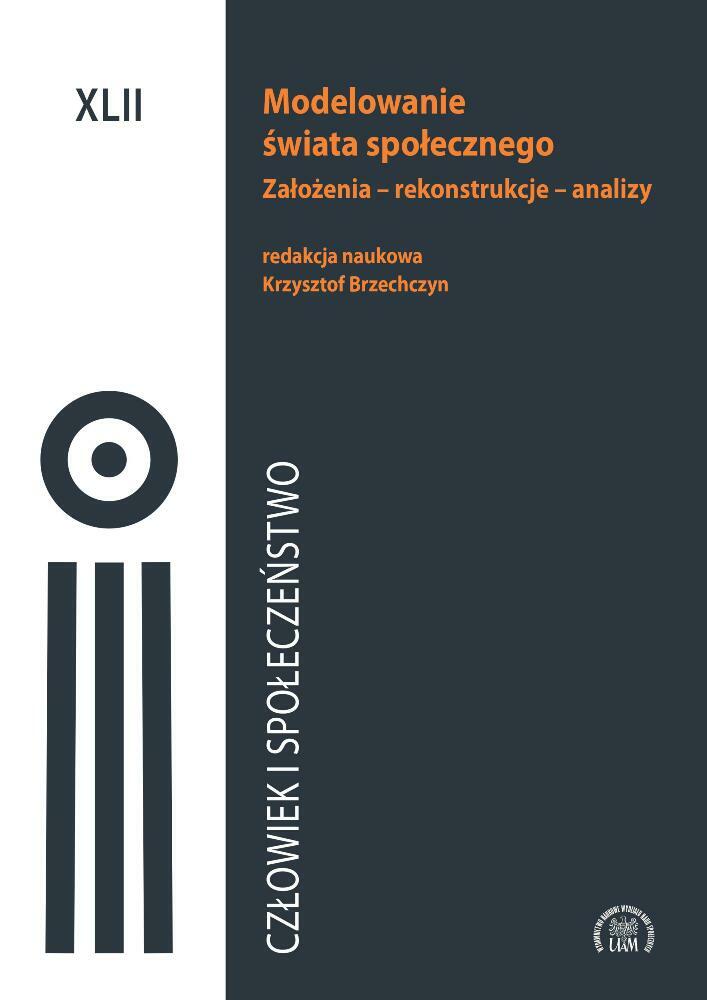Abstract
Right-wing critics have long used the theory of rational choice to pour scorn on the Marxist theory of revolution, because, they say, free-rider considerations will deter any rational self-interested worker from engaging in revolutionary action. This contention poses an especial problem for Analytical Marxists, who also utilise rational choice models to understand the micro-foundations of collective action. It turns out, however, that if the worker’s decision to join a collective action is conceived more realistically, not as a once-for-all commitment, but as a recurrent process affected continuously by the actions of others, then a much richer repertoire of outcomes begins to appear within the theory – matching those found in history itself. This paper develops simple models of collective action that display this broader range of possibilities. These include convergence to a stable level of collective engagement, oscillation over time between different levels of engagement, and truly chaotic behaviour, in which levels of engagement are never repeated.
References
Aston T. H., Philipin, C. H. E (red.), The Brenner Debate, Cambridge University Press, Cambridge 1985.
Brenner R. The Origins of Capitalist Development: A Critique of Neo-Smithian Marxism, „New Left Review” 104/1977, ss. 25-92.
Buchanan A., Marx and Justice, Methuen, London 1982.
Calhoun C. J., The Radicalism of Tradition and the Question of Class Struggle, w: M. Taylor (red.), Rationality and Revolution, Cambridge University Press, Cambridge 1988.
Carling A., Social Division, Verso, London 1991.
Carling A., The Paradox of Voting and the Theory of Social Evolution, w: K. Dowding,
D. S. King (red.), Preferences, Institutions, and Rational Choice, Oxford University Press, Oxford 1995.
Cohen G. A., Karl Marx’Theory of History: A Defence, Oxford University Press, Oxford 1978.
Cohen G. A., History, Labour, and Freedom, Oxford University Press, Oxford 1978.
Elster J., Marx, Revolution and Rational Choice, w: M. Taylor (red.), Rationality and Revolution, Cambridge University Press, Cambridge 1988, ss. 206-228.
Geras N., The Controversy about Marx and Justice, „New Left Review” 150/1985, ss. 47-85.
Graham K., Morality, Individuals, and Collectives, w: J. D. G. Evans (red.), Moral Philosophy and Contemporary Problems, Cambridge University Press, Cambridge 1988.
Granovetter M., Threshold Models of Collective Behaviour, „American Journal of Sociology” 83/1978, ss. 1420-1442.
Hampton J., The Contractian Explanation of the State, w: W. J. Booth, P. James, H. Meadwell (red.), Politics and Rationality, Cambridge University Press, Cambridge 1993.
Hart H. L. A., The Concept of Law, Oxford University Press, Oxford 1962.
Olson M., The Logic of Collective Action, Harvard University Press, Cambridge 1965.
Kavka G. S. Hobbesian Moral and Political Theory, Princeton University Press, Princeton 1986.
Marx K., The Class Struggle in France, w: D. Fernbach (red.), Surveys and Excile, Penguin, Harmondsworth 1973.
Peak D., Frame M., Chaos under Control: The Art and Science of Complexity, W. H. Freeman, New York 1994.
Przeworski A., Marxism and Rational Choice, „Politics and Society” 14 (4)/1985, ss. 379-409.
Przeworski A., A Capitalism and Social Democracy, Cambridge University Press, Cambridge 1988.
Roemer J., A General Theory of Exploitation and Class, Harvard University Press, Cambridge, Mass. 1982.
Roemer J., Rationalising Revolutionary Ideology: A Tale of Lenin and Czar, „Econometrica” 53 (1)/1985, ss. 85-108.
Shaw W., Marxism, Revolution, and Rationality, w: T. Ball, J. Farr (red.), After Marx, Cambridge University Press, Cambridge 1984.
Schelling C., Thermostats, Lemons, and other Families of Models, w: C. Schelling (red.), Micromotives and Macrobehaviour, Norton, New York 1978.
Tawney R. H., Land and Labour on China, Allen & Unwin, London 1976.
Taylor M., Ward H., Chicken, Whales, and Lumpy Goods: Alternative Models of Public Goods, „Political Studies” 30/1982.
Taylor M., Rationality and Revolutionary Collective Action, w: M. Taylor (red.), Rationality and Revolution, Cambridge University Press, Cambridge 1988.
Taylor M. (red.), Rationality and Revolution, Cambridge University Press, Cambridge 1988.
Trotsky L., The History of Russian Revolution, Gollancz, London 1932.
Tullock G., The Economics of Revolution, w: H. J. Johnson (red.), Revolutions, Systems and Theories, Reidel, Dordrecht 1979.
Wickhman-Jones M., Rationality, Revolutions, and Ressurance, w: K. Dowding, D. S. King (red.), Preferences, Institutions and Rational Choice, Oxford University Press, Oxford 1995.
Young M., Wilmot P., Family and Kinship in East London, Penguin Books, Harmondsworth 1962.
Zolberg A., Moments of Madness, „Politics and Society” 2/1972.
License
1. W momencie złożenia pracy celem rozpoczęcia postępowania w sprawie publikacji, Licencjodawca, zwany dalej Autorem, akceptuje wszystkie zasady umieszczone na stronie internetowej czasopisma “Człowiek i Społeczeństwo”, udzielając Licencjobiorcy, zwanego dalej Wydawcą, niewyłącznej i nieodpłatnej licencji na korzystanie z Utworu. Licencja zakłada tym samym brak ograniczeń terytorialnych, czasowych oraz ilościowych na następujących polach eksploatacji (art. 50 ustawy z dnia 4 lutego 1994 r. o prawie autorskim i prawach pokrewnych):
a. utrwalanie Utworu;
b. zwielokrotnienie Utworu drukiem i w wersji cyfrowej;
c. wprowadzenie do obrotu, użyczenie lub najem oryginału/zwielokrotnionych egzemplarzy Utworu;
d. publiczne wykonanie, wystawienie, wyświetlenie, odtworzenie oraz nadawanie i reemitowanie, a także publiczne udostępnianie Utworu w taki sposób, aby każdy mógł mieć do niego dostęp w miejscu i w czasie przez siebie wybranym;
e. włączenie Utworu w skład utworu zbiorowego;
f. wprowadzenie Utworu w postaci elektronicznej na platformy elektroniczne lub inne wprowadzenie Utworu w postaci elektronicznej do Internetu, Intranetu, Extranetu lub innej sieci;
g. rozpowszechnianie Utworu w wersji elektronicznej w Internecie, Intranecie, Extranecie lub innej sieci, w pracy zbiorowej, a także samodzielnie w formule Open Access w oparciu o licencję Creative Commons Uznanie autorstwa 4.0 Międzynarodowa Licencja Publiczna (CC BY 4.0), a także inną wersję językową tej licencji, lub którąkolwiek późniejszą wersję tej licencji.
2. Założenia licencji Creative Commons Uznanie autorstwa 4.0 Międzynarodowa Licencja Publiczna (CC BY 4.0), udzielają Wydawcy upoważnienia do kopiowania, zmieniania, rozprowadzania, przedstawiania i wykonywania Utworu jedynie pod warunkiem uznania autorstwa.
3. Wraz z dostarczeniem Utworu, Autor zobowiązuje się do wypełnienia, podpisania oraz odesłania skanu umowy
